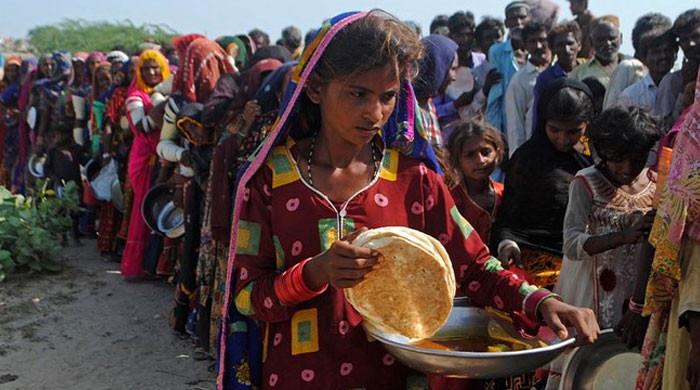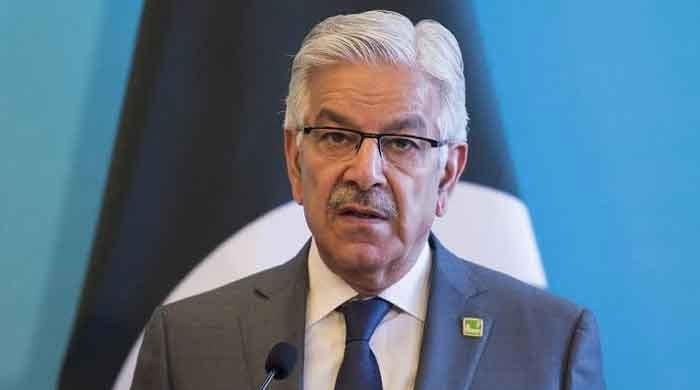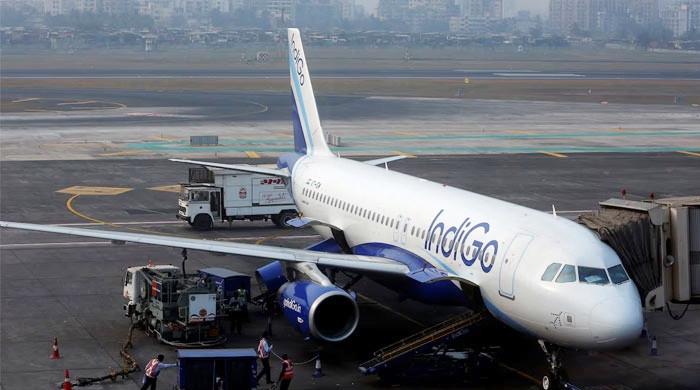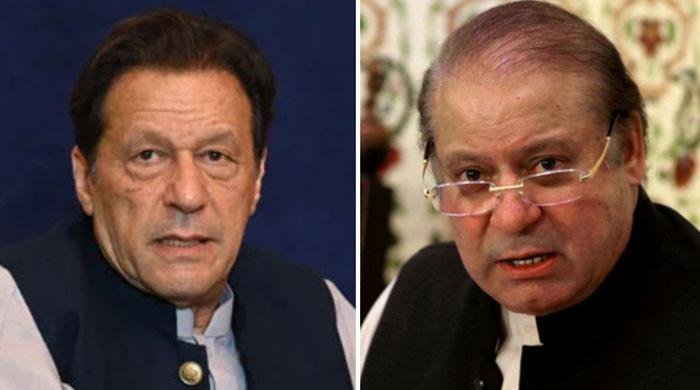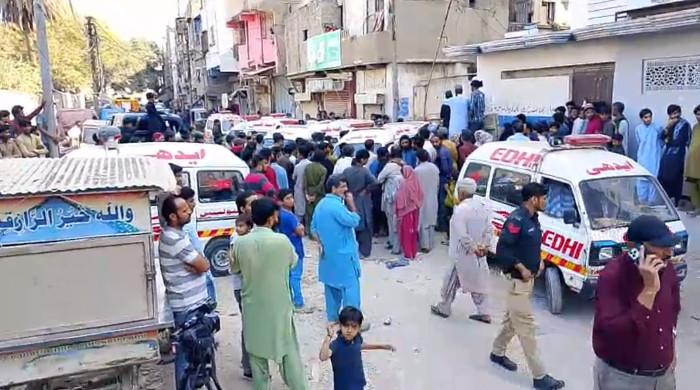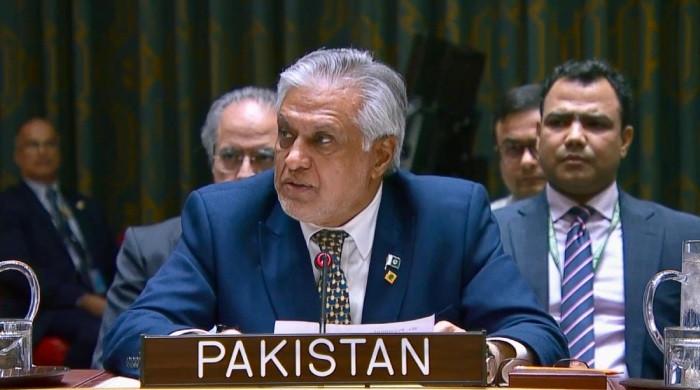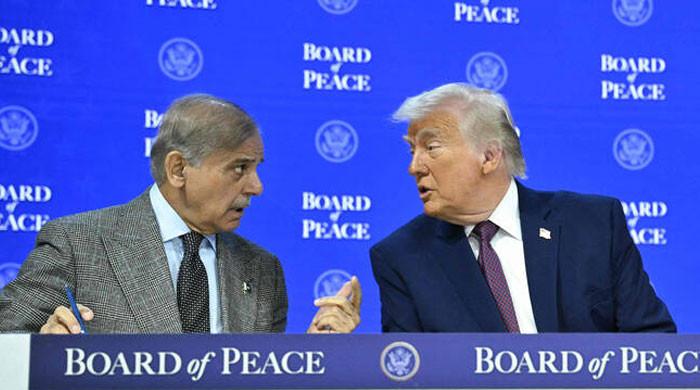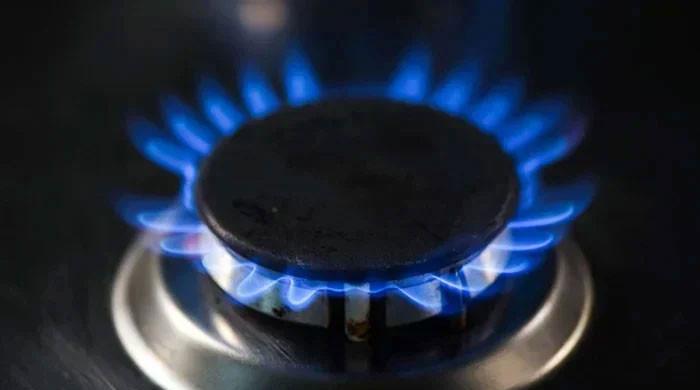Geo Special Report: Disillusioned by the judicial system, most prefer jirga system for justice
The jirgas have been declared as unconstitutional yet the centuries-old system is very much alive
February 17, 2020
While governments claim otherwise, tribal disputes are still settled through the jirga system. Judicial decisions have issued rulings against these yet to this day, jirgas settle disputes between tribes. Sometimes under the garb of reform, sometimes under the guise of settlement and at times, it is referred to as decisions but the fact remains that jirgas have the final say in these disputes and all of it is happening under the patronage of sardars.
The Sindh High Court has declared jirgas as unconstitutional yet the centuries-old system is very much alive in the province in this day and age. Tribal elders think jirgas offer the quickest solution to disputes. While the sardars said they respected the courts' ruling that declared jirgas unconstitutional, they said there was no other system that could offer swift justice.
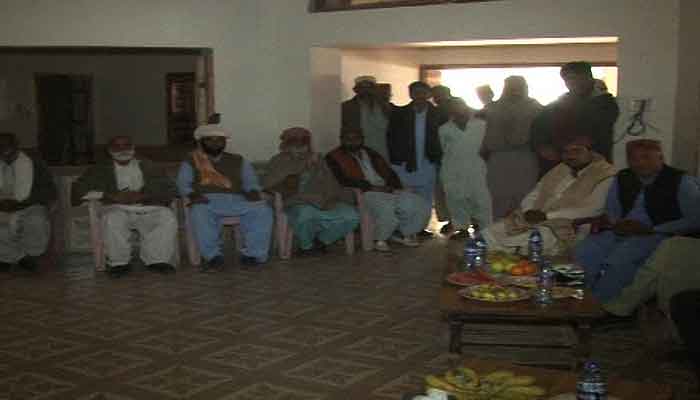
Senior journalist Ali Hassan says that jirga decisions fail to provide justice most of the time. He said that on the other hand, when it comes to the judicial system of the country, justice is often delayed for indefinite periods.
Sardars refer to jirgas not by its name but call it 'settlement' between two parties. They would rather opt for a quick jirga decision than wait for 15-20 more murders to take place while the judicial system decides cases.
Tribal elders have called on the government to take immediate action to end tribal disputes and diminish crime.
President District Bar Kashmore Advocate Abdul Ghani Bijarani said that innocent people are nominated in FIRs while murderers escape. He said that feudal lords, MNAs and MPAs were patrons of these criminals who committed crimes and had several FIRs against them but did not get arrested.
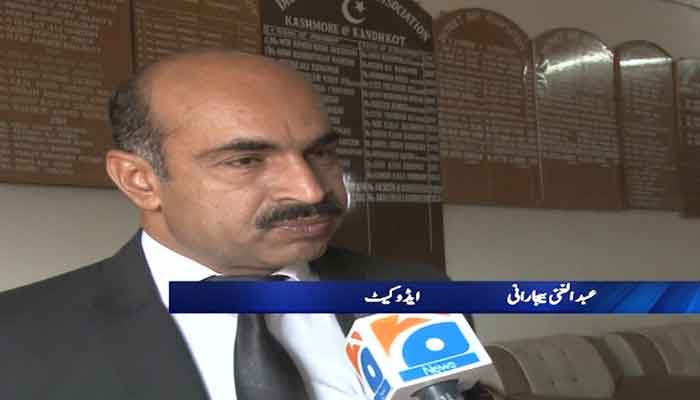
He said that only the innocent people came to court to have their bail approved hence only a few numbers of cases are taken up by the court.




